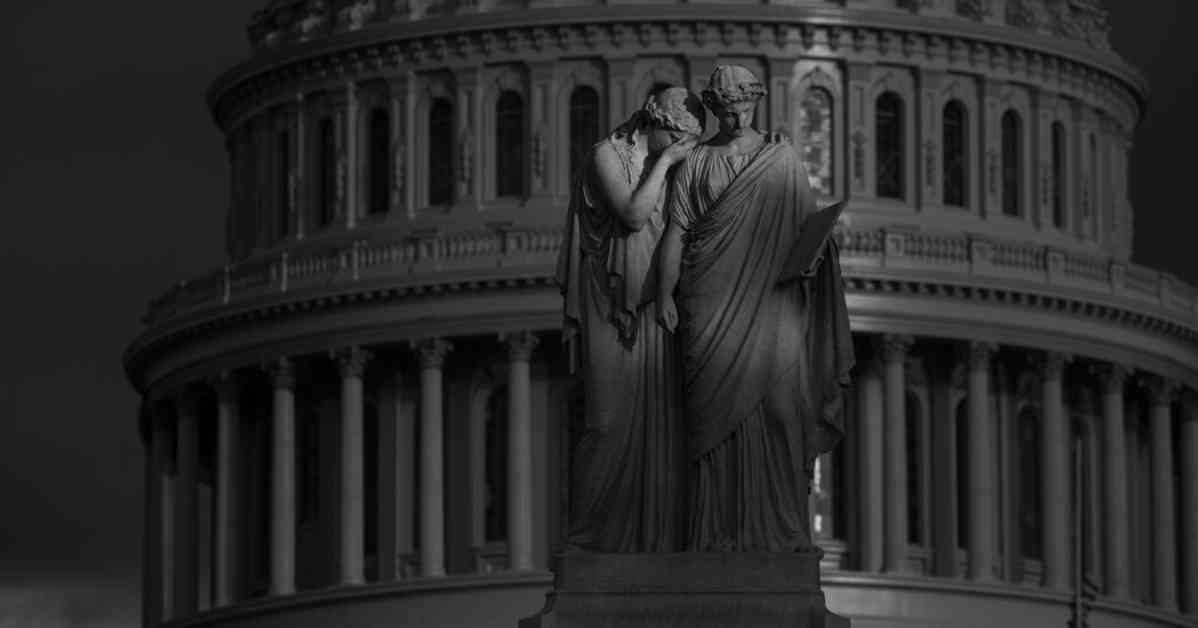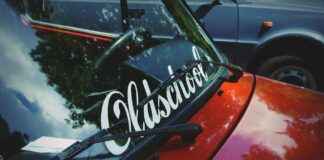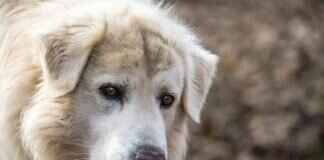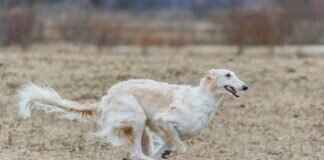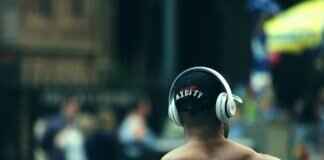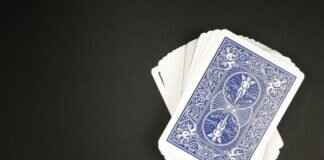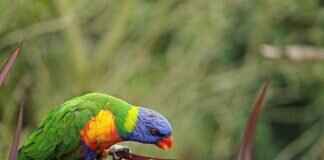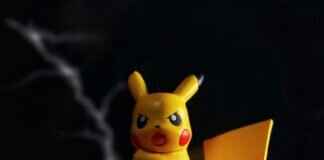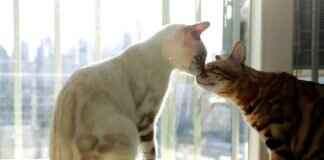I sat in a pub in Ireland watching the debate. A man next to me assumed I was American and expressed his sympathy, saying we were in a tough spot no matter what. It’s when I’m outside of the U.S. that I truly feel my Americanness. The blue passport in my hand speaks volumes about my identity, louder than my race, gender, or religion. Perhaps being outside of my country allowed me to fully grasp the gravity of the situation facing Americans during that debate.
According to various political analysts, there is a growing consensus that President Biden is facing a tough battle that the referees are not intervening in but perhaps should. Typically, I turn to everyday political discussions after reading news and polls, as they often differ from the views of professional political pundits. What should concern Biden supporters is that this time, both groups seem to agree. Even staunch Democratic supporters are recognizing Biden’s decline as an opportunity for Donald Trump to secure a second term in office.
Shortly after the chaotic debate, the Supreme Court made a significant ruling on presidential immunity. The decision can be interpreted as a sign that whoever controls the Republican Party also wields the power to disregard the law. Whether Trump wins or loses, he has a firm grip on the G.O.P. This reality may not have fully sunk in for the country yet.
While the Supreme Court ruling was announced, I found myself in Greece. It felt like a significant place to be as the U.S. teetered closer towards autocracy than it had in a long time. Greece is known as the birthplace of deliberative democracy. Walking among the ancient ruins, you realize that the foundational ideas that shaped human society don’t appear grand. The structures where these ideas were debated are crumbling, overshadowed by modern development. Despite standing for over 2,000 years, these remnants of early democracy feel delicate.
Unlike the ancient Greeks, Americans don’t construct monuments as sturdy. The belief has always been that our democratic principles are the true monuments. Sometimes, we have erected monuments hastily, suggesting that since we have perfected the practice of democracy, we don’t need strong foundations or materials.
As we confirm your access, we appreciate your patience. If you are in Reader mode, please sign out and log into your Times account or consider subscribing for full access to The Times. Thank you for your understanding and support.
Are you already a subscriber? Log in now for complete access to The Times. Interested in accessing all of The Times? Subscribe today for unlimited content.

